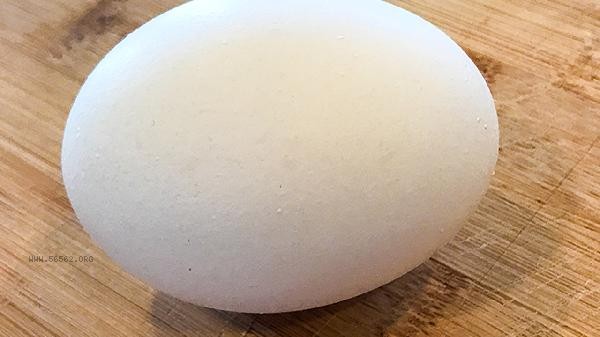Whether an egg has spoiled can be determined by observing its appearance, shaking and listening to sounds, smelling odors, water float testing, light inspection, and other methods.

1. Observe the appearance
Fresh egg shells are rough and shiny, with even powdery substances adhering to the surface. Rotten egg shells may have moldy spots, cracks, or a sticky feeling, and the color of the eggshell may darken and lose its luster. If black or green mold spots are found on the surface of the eggshell, it indicates the growth of microorganisms and is not edible.
2. Shake and listen to the sound
Hold the egg and gently shake it. Fresh eggs have almost no sound, and the yolk and egg white are tightly bound. Rotten eggs will produce noticeable sound of water due to internal gas, and there will be a turbid impact sound when the yolk membrane ruptures. When shaking, feeling the contents loose and flowing usually indicates that the egg has spoiled.
3. Smell
Normal eggs only have a slight fishy smell when opened, while spoiled eggs will emit a pungent sulfide odor. Unopened eggs can be soaked in warm water and smelled through the crevices of the eggshell. If there is a putrid odor, it indicates that the protein has decomposed and produced hydrogen sulfide. After cooking, the egg yolk appears grayish green with a strange odor, indicating spoilage.

4. Water Float Test
Place eggs in a container of clean water. Fresh eggs will lie flat at the bottom, while eggs stored for a longer period of time will have one end slightly raised. The egg completely floating on the surface of the water has gone bad, and the gas produced by decay has accumulated inside the eggshell. This method is particularly effective for judging eggs that have been stored for a long time.
5. Light inspection
Use a flashlight to shine on the eggs in a dark environment. Fresh eggs should have even light transmission and the air chamber should be less than 5 millimeters. Rotten eggs will appear cloudy shadows, blood streaks, or black spots, and the air chamber will significantly expand. If egg yolk is mixed with egg white or contains foreign substances under light, it should be discarded immediately. When storing eggs, the refrigeration temperature should be maintained, and placing them with the air chamber facing upwards can extend the shelf life. Pay attention to the production date when purchasing, and store at room temperature for no more than two weeks. Before cooking, it is necessary to conduct spoilage testing. Slightly spoiled eggs may contain pathogenic microorganisms such as Salmonella, and elderly people, pregnant women, and children need to be cautious. If any abnormalities are found in the eggs, it is recommended to discard them directly to avoid food safety risks, and to avoid cross contamination with other foods during handling.









Comments (0)
Leave a Comment
No comments yet
Be the first to share your thoughts!